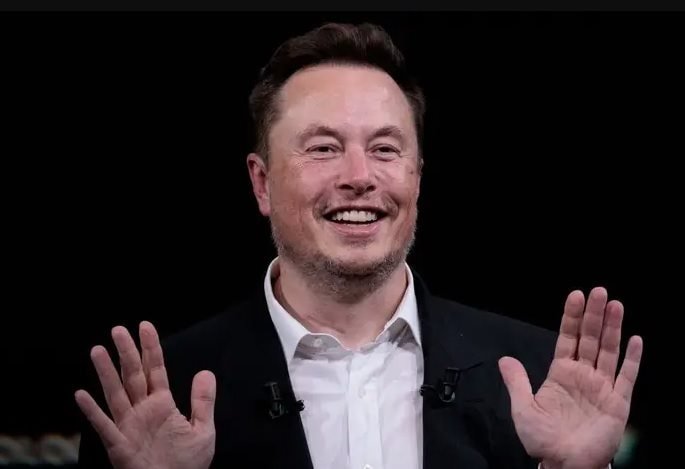Elon Musk once epitomized the ultimate success story — a brilliant mind, a daring entrepreneur, and a visionary leader who redefined industries from electric cars to space exploration. As the CEO of Tesla, SpaceX, and various other ambitious ventures, Musk was widely regarded as a “golden boy” of Silicon Valley. However, recent developments suggest that Musk’s empire might be faltering. Mounting financial challenges, public missteps, and questionable leadership decisions have cast a long shadow over his once untouchable reputation. Has Elon Musk’s empire finally hit rock bottom? Let’s explore the highs, the lows, and the uncertain future that lies ahead.
## The Meteoric Rise of Elon Musk
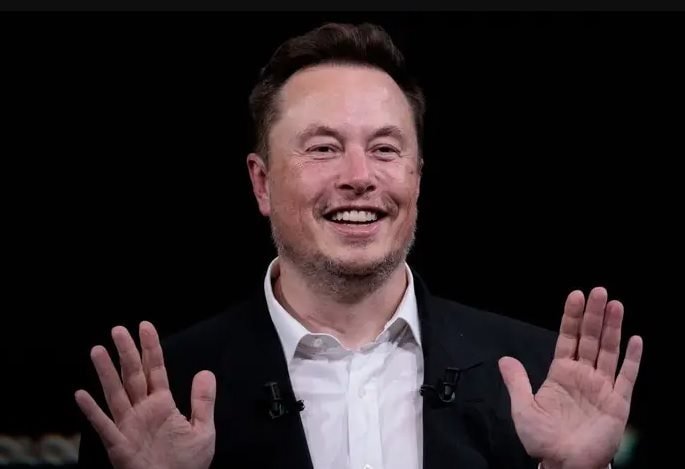
Before examining Musk’s current challenges, it’s crucial to understand how he rose to global prominence. Musk co-founded Zip2, an online city guide, which he sold for nearly $300 million. He then launched (http://X.com “”), which eventually became PayPal, revolutionizing online payments. With wealth in hand, Musk set his sights higher — literally and figuratively — by founding SpaceX in 2002 and joining Tesla Motors in 2004.
Tesla’s vision of sustainable energy and electric vehicles captured the imagination of investors and consumers alike. SpaceX disrupted the aerospace industry, achieving feats once deemed impossible for private companies. Musk’s ventures into SolarCity, Neuralink, and The Boring Company showcased a restless ambition to reshape human existence itself. For a time, it seemed Musk could do no wrong, with the media, investors, and fans heralding him as a once-in-a-generation genius.
## Cracks Begin to Show
However, the very ambition that propelled Musk to the top also planted seeds of potential downfall. Tesla faced production delays, quality control issues, and accusations of misleading investors about its capabilities. At SpaceX, while remarkable achievements were made, a series of launch failures and delays raised concerns about sustainability.
Musk’s controversial acquisition of Twitter in 2022 (later rebranded as X) added further strain. The $44 billion deal burdened him with massive debt, and his erratic management style led to advertiser exits, layoffs, and declining platform relevance. His personal brand, once an asset, began to show signs of becoming a liability.
## Financial Struggles Across the Board
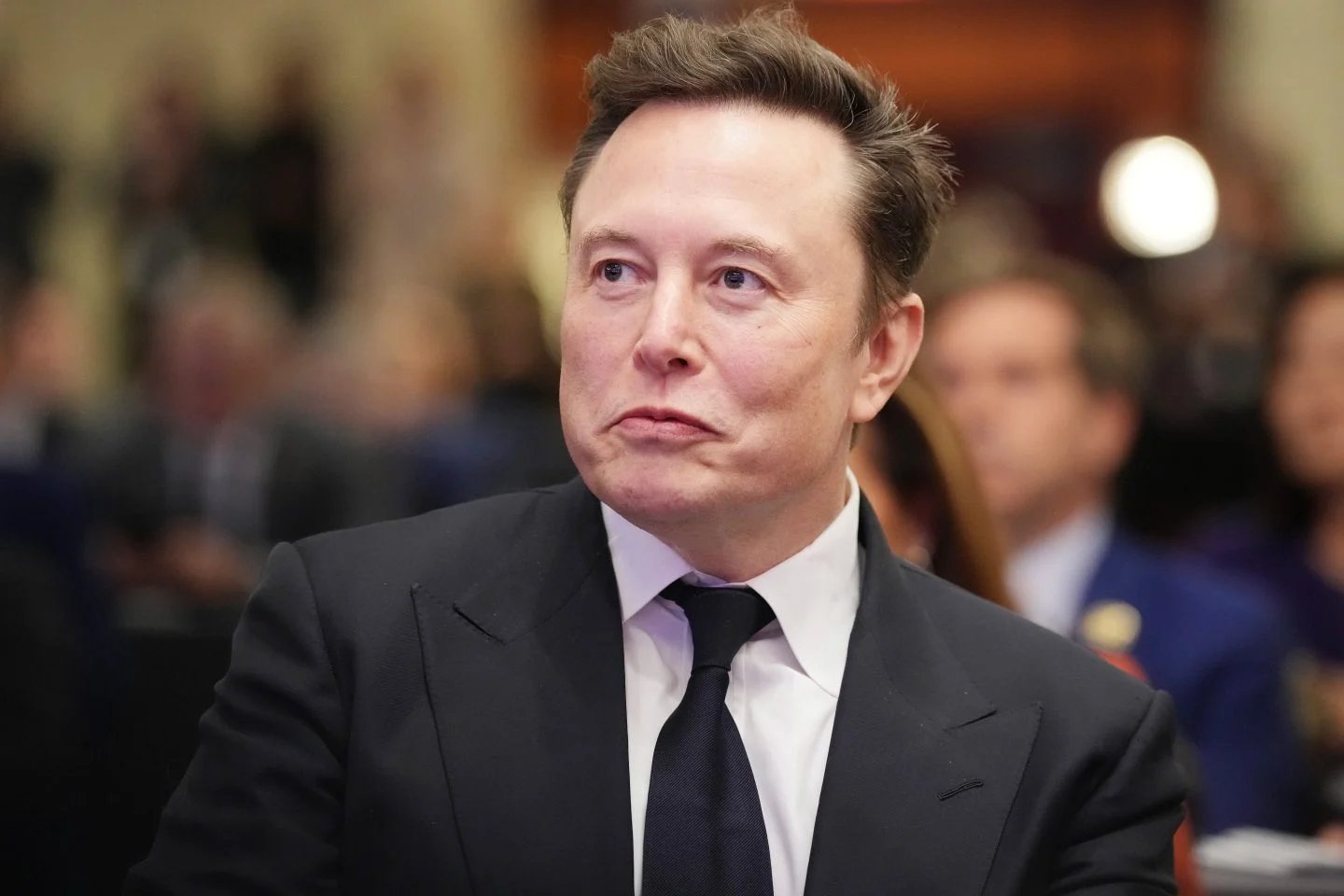
One of the clearest signs that Musk’s empire is facing a crisis is the financial turbulence rippling across his companies. Tesla’s stock, once a high-flying asset, experienced dramatic volatility. Rising competition from traditional automakers and emerging EV startups chipped away at Tesla’s market dominance. Critics argue that Musk has overpromised and underdelivered, especially with ambitious projects like the Cybertruck, Robotaxi, and Full Self-Driving (FSD) technology.
Meanwhile, SpaceX’s ambitious Starship program suffered multiple high-profile explosions during testing phases. Although these failures are part of the “move fast, break things” philosophy Musk champions, they have raised eyebrows among investors and regulators alike. Funding pressures and the constant need to meet aggressive deadlines have also taken a toll.
## The Twitter/X Debacle
Musk’s foray into social media through the Twitter acquisition might be one of his most damaging moves to date. Almost immediately after taking control, Musk fired top executives, laid off large portions of the workforce, and reinstated controversial figures previously banned from the platform. These decisions led to advertiser pullouts, a sharp decline in revenue, and a deterioration of user experience.
Rebranding Twitter as X confused both users and advertisers. Efforts to pivot into a “super app” offering banking, messaging, and shopping services have largely fallen flat. The platform is losing relevance as competitors like Threads, Bluesky, and others gain traction. Musk’s erratic behavior on the platform, including sharing conspiracy theories and engaging in online spats, has further alienated many who once admired him.
## Public Perception Shift
Musk’s public image has undergone a profound transformation. Once seen as a visionary futurist, he is now increasingly viewed as a reckless billionaire out of touch with ordinary people. His erratic tweets, inflammatory political opinions, and seemingly impulsive business decisions have cost him credibility.
Moreover, his interactions with employees, from harsh working conditions at Tesla factories to mass layoffs at Twitter, have tarnished his image as an inspiring leader. The cult-like adoration he once enjoyed is giving way to a growing chorus of critics questioning his competence and even his sanity.
## Legal and Regulatory Pressure
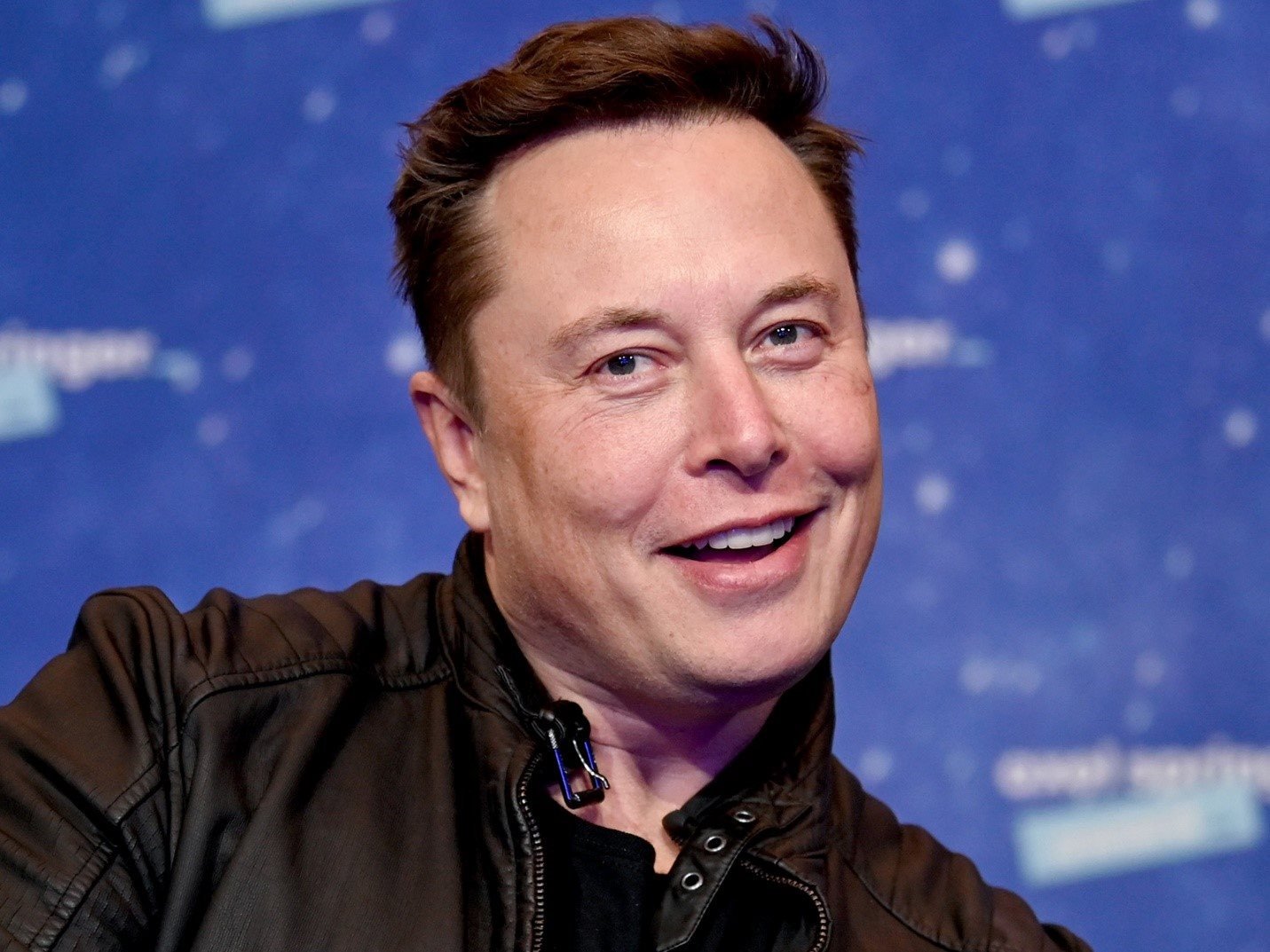
As if financial and reputational problems weren’t enough, Musk also faces a barrage of legal and regulatory challenges. The U.S. Securities and Exchange Commission (SEC) has scrutinized his statements about Tesla’s future and stock prices. Tesla itself faces multiple investigations related to its Autopilot system, workplace safety, and labor practices.
SpaceX has been embroiled in regulatory battles over satellite deployment, labor disputes, and alleged discrimination. Neuralink, Musk’s brain-computer interface company, is under investigation for animal cruelty during its testing phases. Each new controversy chips away at Musk’s carefully cultivated image of being above traditional corporate malfeasance.
## The Internal Struggles Within Musk’s Empire
Reports from insiders paint a troubling picture of dysfunction within Musk’s companies. At Tesla, engineering teams are reportedly overstretched, and morale is low. Turnover among senior executives is increasing, and ambitious projects are consistently delayed or scaled down.
At SpaceX, while morale remains relatively higher due to the groundbreaking nature of its mission, tensions are growing over Musk’s micromanagement and unpredictable decision-making. Across his ventures, the pressure to meet Musk’s lofty promises is leading to burnout and dissatisfaction among top talent — a dangerous trend for any innovation-driven enterprise.
## The Wider Economic and Technological Context
Musk’s struggles aren’t happening in a vacuum. The broader economic environment — characterized by rising interest rates, tightening capital markets, and growing geopolitical tensions — has made it more difficult for high-risk, high-reward ventures to thrive.
Technological advancements are also leveling the playing field. Rivals in the electric vehicle space, such as BYD, Ford, and Rivian, are catching up. SpaceX now faces competition from new aerospace players and increasing scrutiny over its near-monopoly on satellite internet through Starlink.
In this harsher climate, Musk’s companies no longer enjoy the seemingly endless runway they once had.
## Is There a Way Back?
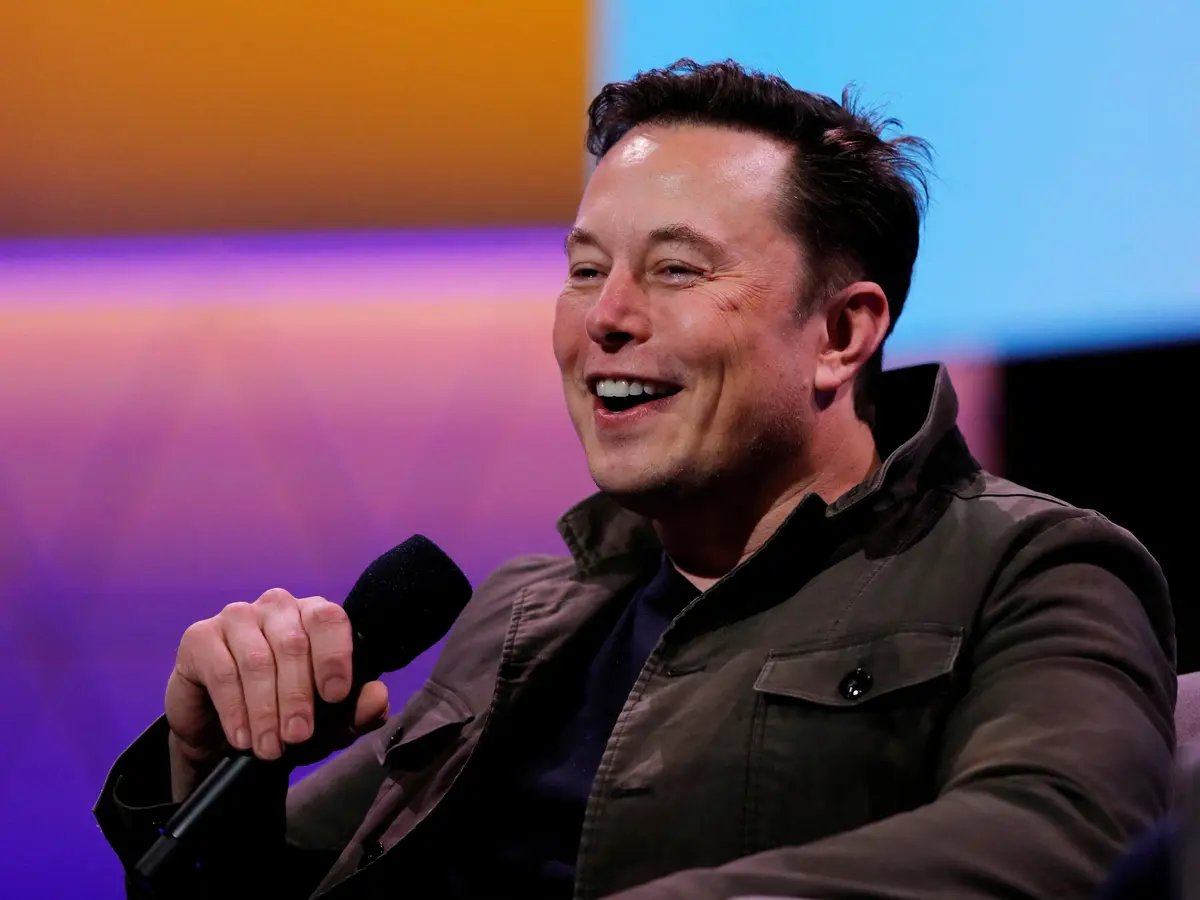
Despite the gloom, writing off Elon Musk entirely would be a mistake. He remains one of the most talented and driven innovators of our time. His companies still possess immense technical prowess, strong brand recognition, and a passionate base of customers and supporters.
If Musk can adapt — by delegating more, focusing his attention, and rebuilding trust with investors, regulators, employees, and the public — he could stabilize and even rejuvenate his empire. However, doing so would require a level of humility and strategic recalibration that Musk has historically struggled to demonstrate.
## Conclusion
From golden boy to flop — Elon Musk’s fall from grace has been as dramatic as his rise. Financial turmoil, leadership failures, legal troubles, and a deteriorating public image have combined to threaten the foundations of his once-invincible empire. Whether Musk is facing a temporary setback or the beginning of a long-term decline remains to be seen.
What is clear is that Musk can no longer rely solely on charisma and bold promises. The world now demands results, accountability, and maturity — qualities that will determine whether Elon Musk’s story ends in ruin or remarkable redemption.
